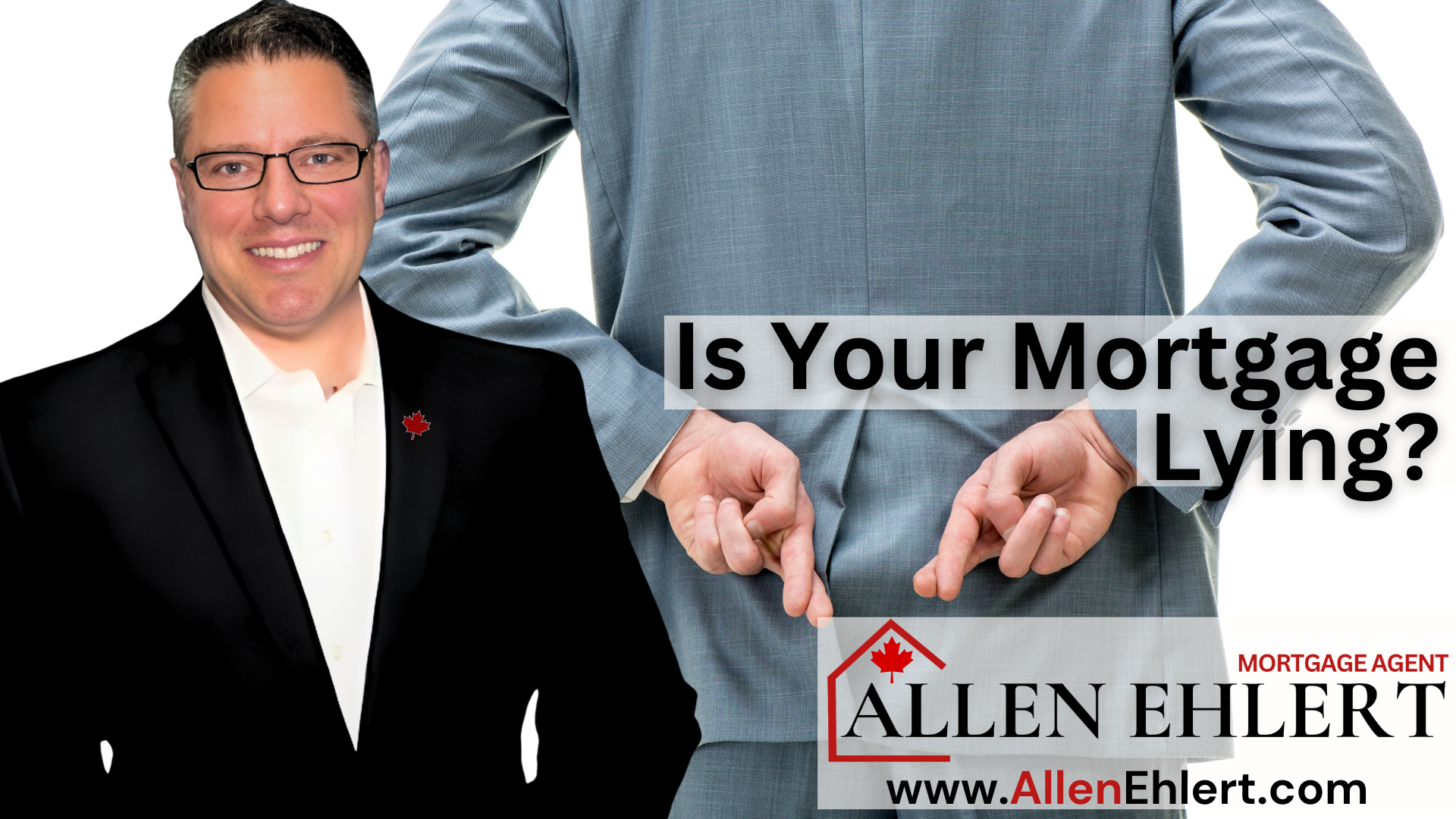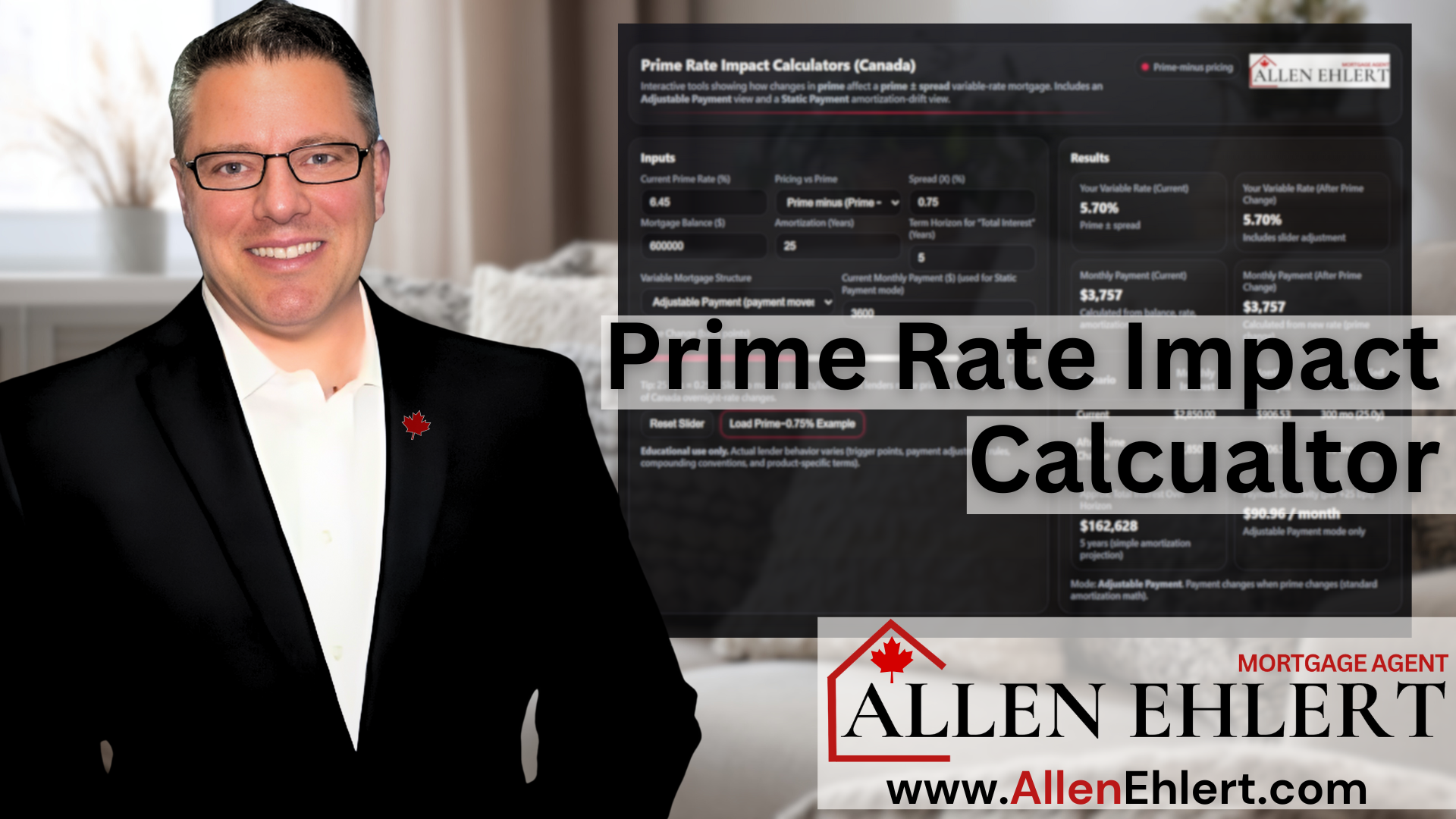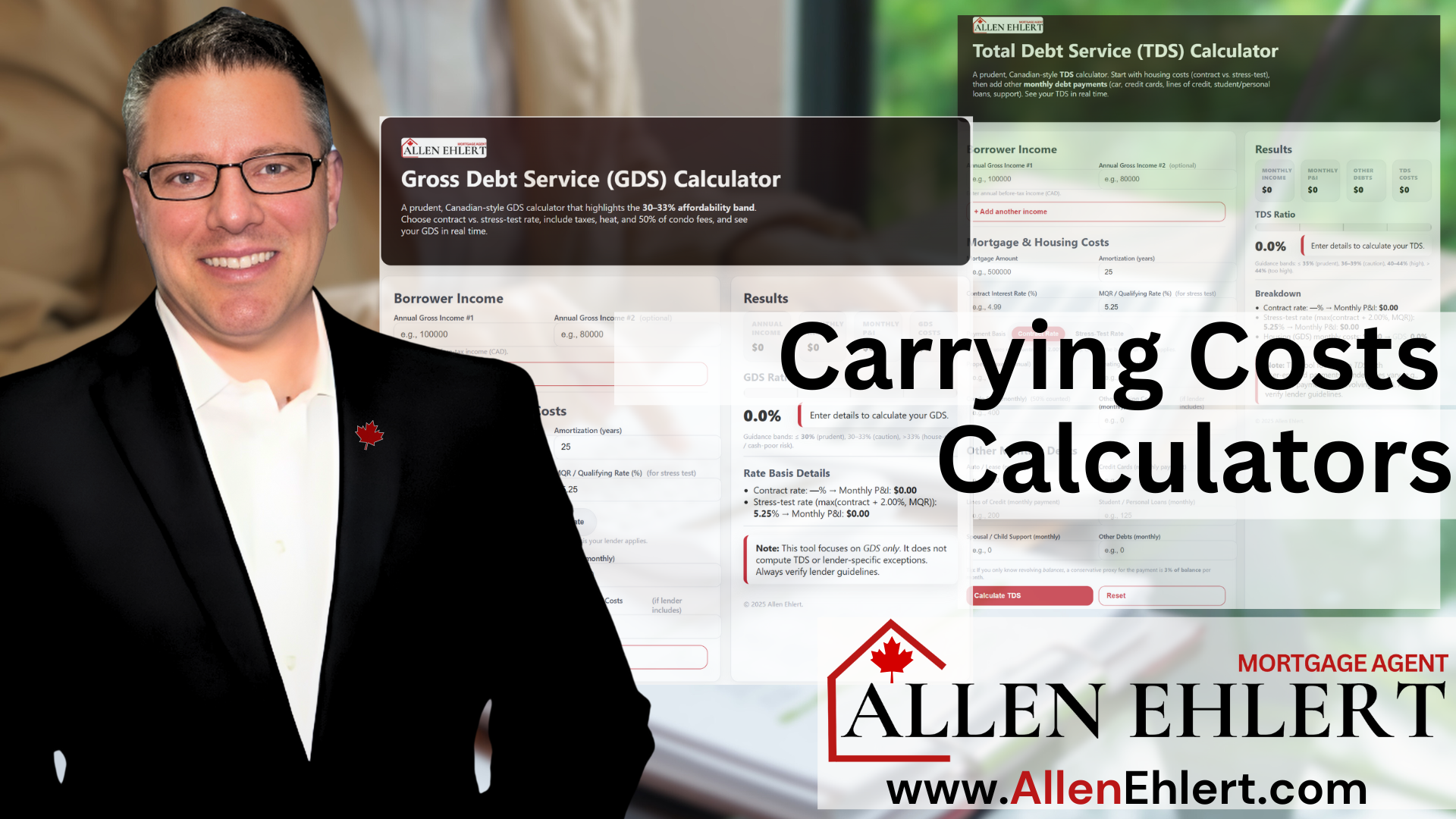…Without Losing Your Cool or the Deal
When you work in real estate, you sign up for more than listings and lockboxes—you sign up for human psychology in its rawest form. One minute you’re high-fiving a buyer who just won a bidding war; the next, you’re staring at an all-caps email:
“YOU’RE NOT DOING WHAT YOU PROMISED!”
Your pulse spikes, the amygdala in your brain hits the panic button, and suddenly that calm exterior feels paper-thin. So how do you handle difficult and accusatory clients without torching the relationship—or your sanity? Read on.
What I’ll Cover
Handling Angry People
The Mindset Shift That Changes Everything
Your Amygdala on Red Alert
Realtor Emotions Are Real—And Ignoring Them Is Risky
Mastering the Art of the Pause
Talk Tactics That Disarm Instead of Escalate
Handling Accusatory Clients Without Losing Them
Putting It All Into Practice
Handling Angry People
Let’s face it—sooner or later, someone’s going to come at you angry. Maybe they’re mad about an appraisal. Maybe the deal’s falling apart. Maybe they’ve just had a bad day and you’re the easiest target.
Anger is loud. It’s hot. And if you don’t know how to handle it, you’ll either mirror it back—or get swallowed by it. And anger directed at you is upsetting.
Here’s the thing: angry people want a reaction. Your job is to give them a response—but only once you’ve taken the wheel back from your amygdala.
What’s Really Behind Anger?
Anger is rarely the real issue. It’s a symptom of:
- Fear (they’re scared of losing money, time, opportunity)
- Insecurity (they feel unheard, disrespected, dismissed)
- Frustration (things aren’t going the way they expected)
And when people feel powerless, they reach for the one thing they think gives them leverage: volume.
Don’t Try to Win—Try to Redirect
Never try to “win” against anger. You don’t win arguments with upset clients. You redirect them by creating a safer lane for the conversation.
Try phrases like:
- “Let’s slow this down so we can work through it together.”
- “I want to focus on what we can solve today—what’s the best next step?”
- “Would it help if I walked you through what’s happening behind the scenes?”
The Mindset Shift That Changes Everything
Label a client difficult and you’ve already lost half the battle; your brain locks on to combat mode. Flip the story: “Here’s a human who doesn’t feel heard.” Now you’re curious instead of combative—power reclaimed, ego in check.
Your Amygdala on Red Alert
That jolt of adrenaline when you’re attacked? It’s biology, not weakness. Your amygdala dumps cortisol so you can fight or flee. Great for saber-toothed tigers, lousy for five-star reviews. Recognize it, then hijack it back—fast.
Realtor Emotions Are Real—And Ignoring Them Is Risky
| Emotion | Typical Trigger | If You Bottle It Up… |
| Frustration | Repeated no-shows | Snappy emails that haunt you later |
| Embarrassment | Public criticism | Over-promising to save face |
| Self-Doubt | Market shifts | Analysis paralysis, missed deals |
| Anger | Personal insults | Reputation damage, lost referrals |
| Fatigue | 24/7 availability | Burnout, industry exit |
Feel them, name them, tame them. Suppress them and they’ll leak into your tone—clients notice and judge.
Mastering the Art of the Pause
Silence isn’t weakness; it’s strategy. A well-timed beat does three things:
- Lets the client hear their own words.
- Gives you space to breathe.
- Signals calm authority.
After the pause, use reflective language:
“I’m hearing that communication feels light—did I get that right?”
Talk Tactics That Disarm Instead of Escalate
- Acknowledge Without Capitulating
“I get that this is frustrating, and I want to understand where the gap is.” - Neutralize Extremes
“You said I never follow through—can you give me a specific example so I can fix it?” - Set Boundaries Kindly
“I want to give this the time it deserves. Can we jump on a call at 3 p.m.?” - Use the Wet-Blanket Phrase
“I see things differently.” (Stops the debate dead—no fuel, no fire.)
Handling Accusatory Clients Without Losing Them
When the email screams underperformance, resist the urge to litigate your to-do list. Instead:
First—get control of yourself
- Inhale for four counts (expand the belly).
- Hold for four (let shoulders drop).
- Exhale for six (longer out-breath calms the nervous system).
- Label the feeling (“That’s anger.”).
- Set an internal goal (“I’m here to solve, not spar.”).
Then—engage with curiosity, not defense
“Thanks for being direct. Could you walk me through where expectations feel unmet—communication cadence, marketing strategy, or both?”
Follow with a collaborative reset:
“Here’s what I’ve done so far, and here’s what I propose next. Let’s make sure this plan feels solid to you.”
Nine times out of ten the client chills out, because you’ve turned accusation into partnership.
Putting It All Into Practice
- Pricing Pushback
Client: “You overpriced my home!”
You: “I see that number feels high. Let’s review the comps together so we’re aligned.” - Showing Shortfall
Client: “You haven’t sent us enough options!”
You: “Understood. Let’s widen the search radius by 2 km and adjust price filters—ready to see more?” - Communication Critique
Client: “You’ve gone radio-silent!”
You: “Apologies for the quiet patch. How about a Tuesday status text and a Friday debrief call so you always know where we stand?”
Allen’s Final Thoughts
Difficult and accusatory clients aren’t career kryptonite—they’re your proving ground. Breathe first, speak second, and steer every exchange from blame to collaboration. Do that consistently and you’ll keep more listings, score more referrals, and sleep a lot better at night.
How I’ve Got Your Back
Remember, I’m more than “the mortgage guy.” I’m your built-in conflict diffuser:
- Need lender timelines to calm a jittery buyer? I’ve got the data.
- Want a third-party voice to validate your strategy on a contentious call? I’m in.
- Feel the amygdala flare and just need to vent before you respond? Ring me—I’ll talk you off the ledge.
You focus on closing the deal; I’ll help you close the emotional gap. Together, we’ll turn “You’re not doing enough” into “I can’t believe how smoothly that went.”












